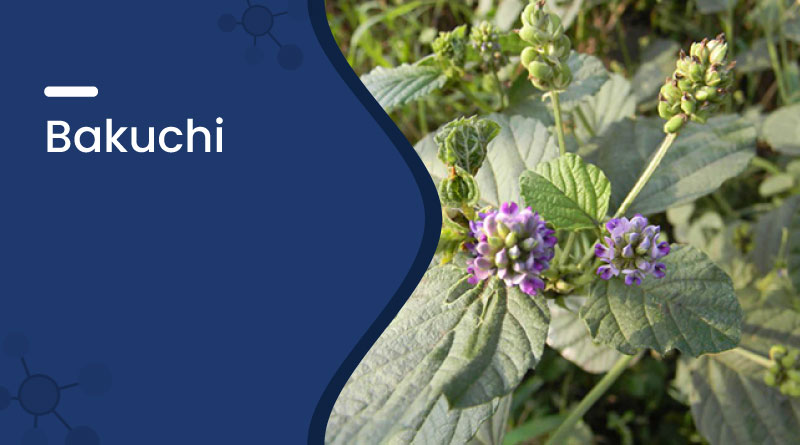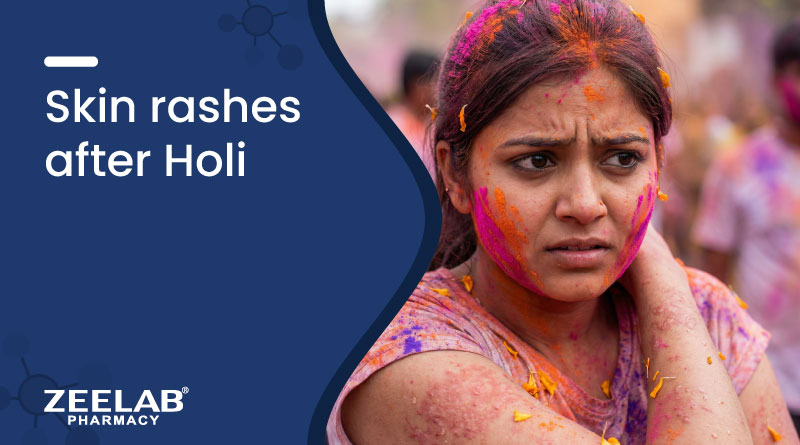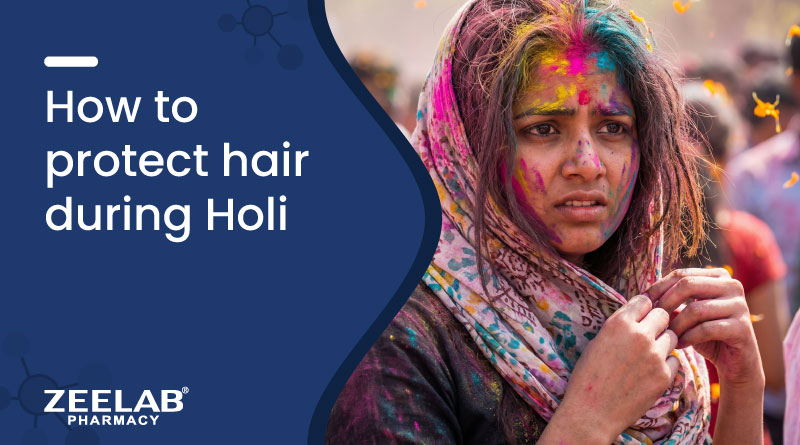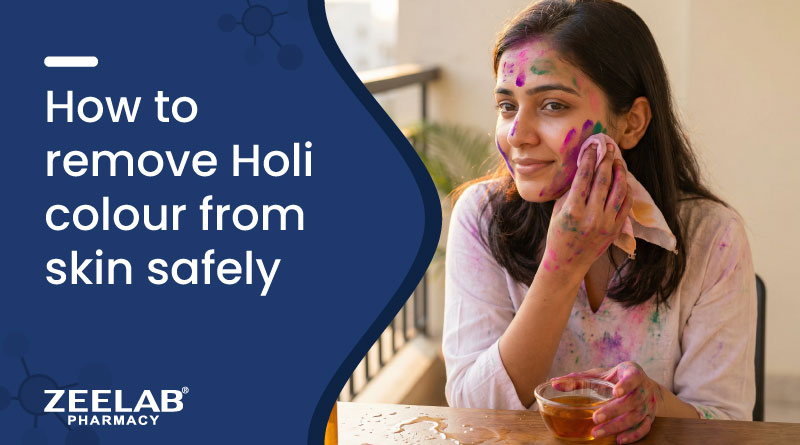Bakuchi Benefits, Uses, Side Effects & Ayurvedic Remedies


Bakuchi, scientifically known as Psoralea corylifolia, is a revered medicinal herb used for centuries in Ayurveda, Traditional Chinese Medicine, and folk remedies. Known for its healing seeds and oil, Bakuchi offers a potent combination of bioactive compounds such as psoralen, flavonoids, and essential oils. Traditionally, it is best known for promoting skin health and treating pigmentation disorders, but its benefits extend far beyond dermatology.
In this blog, we will delve into Bakuchi’s Ayurvedic significance, nutritional and phytochemical profile, remarkable health benefits, practical uses, precautions, and frequently asked questions.
Nutritional Value of Bakuchi
Bakuchi seeds contain phytochemicals like psoralen and bakuchiol, offering antimicrobial, anti-inflammatory, and antioxidant benefits. Rich in flavones, coumarins, monoterpenes, chalcones, lipids, resins, stigmasteroids, and flavonoids, along with therapeutic essential oils, Bakuchi is a versatile herb widely used for its powerful medicinal properties.
Importance of Bakuchi in Ayurveda
In Ayurveda, Bakuchi is considered a powerful herb that balances the Kapha and Vata doshas. It stimulates the skin’s healing processes (Rasayana effect), enhances digestion, and purifies the blood. Bakuchi is used in formulations to treat skin conditions like vitiligo and psoriasis, boost immunity, and support reproductive health. Its warming and detoxifying properties make it valuable for overall vitality.
Benefits of Bakuchi
Bakuchi for Vitiligo
Bakuchi stimulates melanin production, promoting pigmentation restoration in depigmented skin. Its active compounds increase skin sensitivity to sunlight, helping repigment white patches and improve skin tone, making it a traditional and effective remedy for managing vitiligo symptoms naturally.
Bakuchi for Psoriasis
Bakuchi reduces redness, scaling, and itching caused by psoriasis through its anti-inflammatory and immunomodulatory effects. It calms irritated skin, prevents flare-ups, and supports healing, making it a natural treatment to manage the chronic inflammation and discomfort associated with psoriasis.
Bakuchi for Acne
Bakuchi fights acne by eliminating bacteria and reducing inflammation. Its antimicrobial and antibacterial properties help control pimples, accelerate healing of acne scars, and prevent further outbreaks, promoting clearer, healthier skin and reducing the frequency and severity of acne.
Bakuchi for Eczema
Bakuchi soothes inflamed, itchy skin and repairs the skin barrier in eczema. Its anti-inflammatory and healing properties relieve discomfort, reduce flare-ups, and protect the skin from further damage, offering natural relief for eczema symptoms and improved skin health.
Bakuchi for Leukoderma
Bakuchi enhances melanin synthesis in leukoderma, aiding the repigmentation of white skin patches. This restoration of pigmentation balances skin color and supports recovery, making Bakuchi a valuable natural treatment option for those suffering from leukoderma-related depigmentation.
Bakuchi for Low Immunity
Bakuchi is rich in antioxidants that neutralize free radicals and reduce oxidative stress. This strengthens the immune system, improving the body’s defense against infections and enhancing overall immunity, supporting better health and resilience in individuals with weakened immune function.
Bakuchi for Indigestion
Bakuchi stimulates gastric juices and bile production, promoting efficient digestion. It reduces bloating, indigestion, and discomfort, while improving nutrient absorption, supporting a healthy digestive system, and relieving common digestive issues naturally.
Bakuchi for Respiratory Issues
Bakuchi’s anti-inflammatory and antimicrobial effects help relieve symptoms of bronchitis, cough, and asthma. It soothes irritated airways, reduces inflammation, and supports respiratory health, making it beneficial for managing various respiratory conditions naturally.
Bakuchi for Diabetes Control
Bakuchi improves insulin sensitivity and reduces oxidative damage associated with diabetes. By regulating blood sugar levels and combating oxidative stress, it supports better glycemic control, helping manage diabetes and reducing the risk of complications naturally.
Bakuchi for Bone Problems
Bakuchi enhances calcium absorption and reduces inflammation, strengthening bones and joints. It alleviates arthritis pain, improves joint mobility, and supports overall bone health, making it a helpful natural remedy for bone-related conditions and joint discomfort.
How to Use Bakuchi: Forms, Dosage & Methods
Common Forms of Bakuchi:
- Bakuchi seeds: Used in powdered form or whole seeds in decoctions.
- Bakuchi oil: Extracted from seeds, applied topically on skin conditions.
- Bakuchi powder: Added to herbal formulations and cosmetics.
- Bakuchi capsules/supplements: Available as standardized extracts.
- Bakuchi paste: Mixed with water or other herbs for topical application.
Usage and Dosage:
- For skin conditions like vitiligo or psoriasis, Bakuchi oil or paste is applied externally 1-2 times daily.
- For digestive or immune support, consume Bakuchi powder (about 500 mg) once or twice daily with warm water, preferably after meals.
- For respiratory ailments, Bakuchi decoction or capsules can be taken as per Ayurvedic practitioner advice.
- For diabetes and bone health, use standardized supplements under medical supervision.
Safety Tips for Using Bakuchi
- Pregnancy and breastfeeding: Use with caution; consult a healthcare provider before use.
- Photosensitivity: Psoralen increases sensitivity to sunlight; avoid direct sun exposure after application.
- Allergic reactions: Rare, but discontinue use if rash, itching, or irritation occurs.
- Dosage adherence: Excessive intake may cause liver toxicity; follow recommended doses strictly.
- Storage: Keep seeds and oil in airtight containers away from heat and light to preserve potency.
Final Thoughts
Bakuchi is a powerful, multipurpose herb steeped in tradition with modern scientific backing. From its renowned role in managing vitiligo and skin disorders to supporting immunity, digestion, and metabolic health, Bakuchi offers a natural path to holistic wellness. When used responsibly, it can greatly enhance vitality and quality of life.
Frequently Asked Questions (FAQs)
Q: Can Bakuchi help with vitiligo?
A: Yes, Bakuchi’s active compound psoralen stimulates melanin production and, combined with sunlight exposure, helps repigment white patches in vitiligo.
Q: Is Bakuchi safe for long-term use?
A: Used correctly and in moderate doses, Bakuchi is generally safe; however, prolonged use requires medical supervision due to potential photosensitivity.
Q: How should Bakuchi oil be applied?
A: Clean the affected skin and apply a thin layer of Bakuchi oil once or twice daily, avoiding exposure to direct sunlight immediately after.
Q: Can Bakuchi be used for acne?
A: Yes, Bakuchi’s antibacterial and anti-inflammatory properties help reduce acne and soothe irritated skin.
Q: What precautions should diabetics take with Bakuchi?
A: Bakuchi may affect blood sugar levels; diabetics should consult their healthcare provider before adding it to their regimen.
Recent Blogs
Disclaimer : Zeelab Pharmacy provides health information for knowledge only. Do not self-medicate. Always consult a qualified doctor before starting, stopping, or changing any medicine or treatment.
Related Products
Need Medicines Quick?
Share location to check quick delivery serviceability.
Change Location
Location Access Needed
Your location appears to be blocked or disabled.
Please enable the location from your browser or
device settings.

₹ 0
0
Items added
Quick Links
Categories
Our Policies
2026 Copyright By © Zeelab Pharmacy Private Limited. All Rights Reserved
Our Payment Partners

 Added!
Added!
|
|













